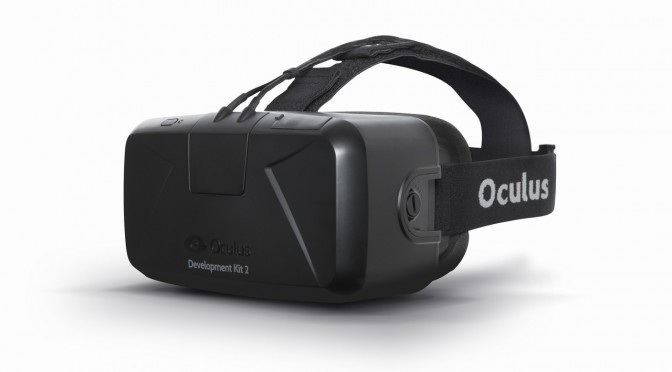As you may already know by now, Oculus has been trying to sign up timed exclusive deals with a lot of developers. And in an attempt to explain things, Palmer Luckey brought Sony as an example to what Oculus is trying to do.
As Palmer said in an interview with Techcrunch:
“You see Sony investing in their content the same way. They want to make things that take advantage of their features that they have in the best way possible. Over time, that’s how the VR industry is going to move forward. In the short?term and the long?term, it’s good. The short?term pain that some people feel, and I totally understand, is I want to play this game and I’m not able to right now. The reality is, I can see where that’s painful for some people, but that doesn’t mean that it’s bad for the VR industry, or that it’s fragmenting it, or in the long run, it’s not the right way for the ecosystem to work.”
Palmer also claimed that the Oculus Studio stuff is going to remain exclusive to the Oculus store and platform.
“The Oculus Studio stuff is going to remain exclusive to the Oculus store and platform. That’s not to say that you’ll never be able to play it on other hardware, but it very much is exclusive to the Oculus platform. When you’re looking at some of these other things, where sometimes you have devs come to us and say, ‘Hey, we need help finishing our game,’ or ‘we want to make this game bigger and better,’ we ask if those guys launched on Oculus first if we’re going to help them fund that. We don’t ask them to stop developing for other platforms. We don’t tell them they can’t launch on other platforms. In those cases, they are going to be coming out on other platforms aside from Oculus in the future.”
Ironically enough, Valve is doing the exact opposite thing with the HTC Vive. Valve does not believe that exclusives VR games are a good idea for consumers or developers.
“We don’t think exclusives are a good idea for consumers or developers. There’s a separate issue which is risk. On any given project, you need to think about how much risk to take on. There are a lot of different forms of risk-financial risk, design risk, schedule risk, organizational risk, IP risk, etc… A lot of the interesting VR work is being done by new developers. That is a triple-risk whammy-a new developer creating new game mechanics on a new platform. We’re in a much better position to absorb financial risk than a new VR developer, so we are happy to offset that giving developers development funds (essentially pre-paid Steam revenue). However there are no strings attached to those funds-they can develop for the Rift or PlayStation VR or whatever the developer thinks are the right target VR systems. Our hope is that by providing that funding that developers will be less likely to take on deals that require them to be exclusive.”

John is the founder and Editor in Chief at DSOGaming. He is a PC gaming fan and highly supports the modding and indie communities. Before creating DSOGaming, John worked on numerous gaming websites. While he is a die-hard PC gamer, his gaming roots can be found on consoles. John loved – and still does – the 16-bit consoles, and considers SNES to be one of the best consoles. Still, the PC platform won him over consoles. That was mainly due to 3DFX and its iconic dedicated 3D accelerator graphics card, Voodoo 2. John has also written a higher degree thesis on the “The Evolution of PC graphics cards.”
Contact: Email

